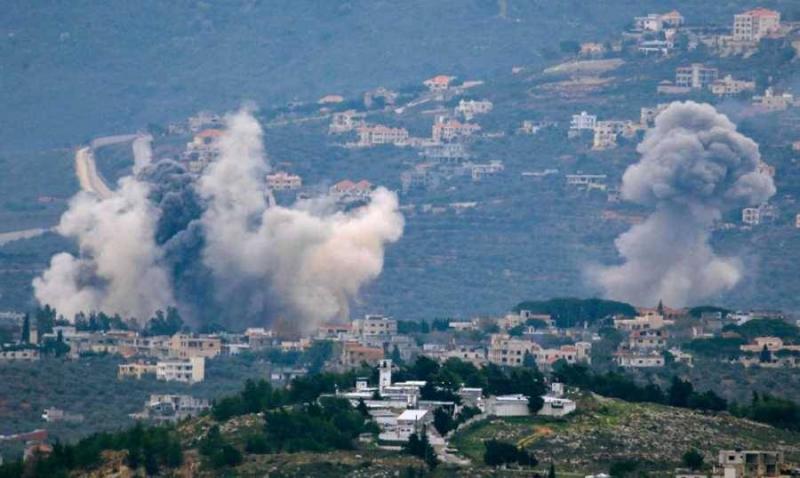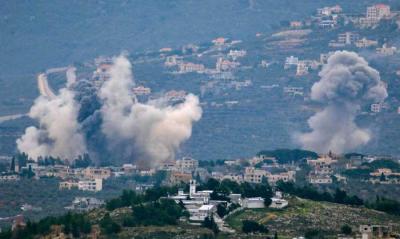After nearly six months of war in Lebanon, there are still no accurate figures on the losses suffered by various sectors, particularly agriculture, industry, and trade. Municipalities, unions, economic organizations, and relevant ministries could potentially monitor and publish the daily extent of these losses. However, in the absence of consistent reporting, there is significant variation in estimates from experts regarding the actual losses experienced on the ground and across the economy overall, particularly since Hezbollah and Israel clashed on October 8, 2023.
Following the paralysis and losses that hit the tourism sector (where occupancy rates in major Beirut hotels do not exceed 5%, and some hotels outside the capital have closed to save on operational costs), the industrial sector began to endure painful blows, most notably the Israeli bombing of a factory in the town of Ghazieh last February, as well as attacks on industrial facilities in the Bekaa region. The agricultural sector in Lebanon is equally troubled; residents in combat zones lost their olive harvest last fall due to fear of shelling and many farmers in Wazzani skipped planting their winter crops, leading to a shortage of vegetables for the local market and a significant price increase at the start of Ramadan. This prompted traders to import vegetables from Syria and Egypt, according to the Southern Farmers Union. Additionally, most tobacco farmers in these villages have not planted this year.
## Daily Losses of $6 Million
In the trade sector, the luxury goods market has been nearly paralyzed for five consecutive months. Researcher Muhammad Shams Al-Din from the International Information Organization tells "Nidaa al-Watan": "In terms of material damage, there are 1,500 homes completely destroyed, 1,500 partially destroyed, and 4,000 with minor damage. As for agricultural damage, it cannot be quantified currently due to ongoing bombardments, but certain harvests like last year's olive season were affected, and tobacco farmers in confrontation areas didn't plant in border villages." He points out that "there are indirect losses; based on a national output of about $22 billion, our daily economy is approximately $60 million. Initially, activity decreased by 20 to 25%, but Lebanese have adapted to the situation. Sampling studies show that economic activity has declined by 10% since October 8, 2023, estimating losses at $6 million each day, totaling around $1 billion over the 156 days of the crisis."
He concludes: "While Lebanese have adapted to security developments, several sectors, especially tourism and airport activity, have been affected, coupled with hesitancy in opening any new investments, no matter how small."
## We Are in a War Economy
Economic expert Dr. Bassem Al-Bawab explains to "Nidaa al-Watan" that "since October 8, 2023, Lebanon has been losing between $20 and $25 million daily. These are indirect losses affecting the tourism sector, airport activity, and the number of Lebanese and Arab expatriates visiting Lebanon, particularly during the current winter holiday season. Furthermore, all investment projects in Lebanon have halted, however modest they may be." He estimates "the total economic losses since the crisis began at around $3 billion. The most critical direct losses are human casualties exceeding 300, alongside material losses from the destruction of homes and infrastructure in border confrontation villages, estimated around $1 billion to date."
He adds: "We are in a significant crisis, especially with the escalation of attacks across various Lebanese areas and economic facilities. Total losses, direct and indirect, are around $4 billion, while the size of the Lebanese economy stands at $25 billion, meaning approximately 15% of the economy is affected. If this trend continues, our total losses by the end of the year could reach $20 billion." He concludes: "We are living in a state of war; we are not in a peacetime economy. Currently, the demand is solely for essential food supplies."




